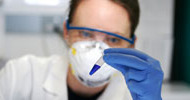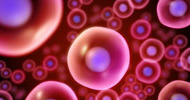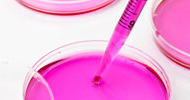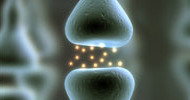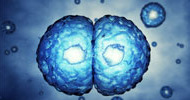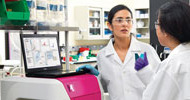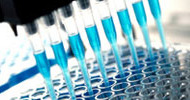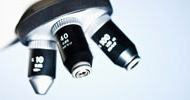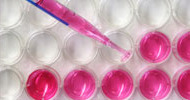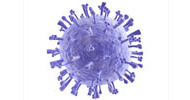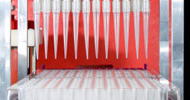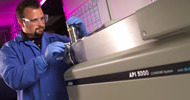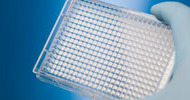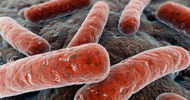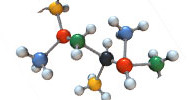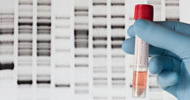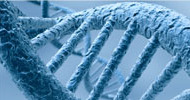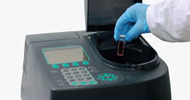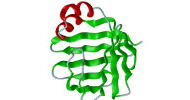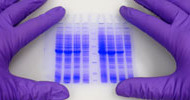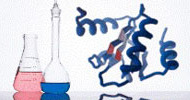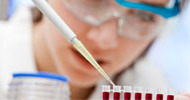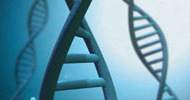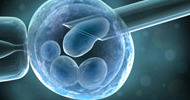Description
Confident genome-wide aneuploidy detection in 14 samples on a single arrayOxford, UK – 08 July 2014. Oxford Gene Technology (OGT), The Molecular Genetics Company, has announced the launch of a new high-resolution, high-throughput pre-implantation genetic screening (PGS) microarray aimed at improving embryo screening for in vitro fertilisation (IVF). The CytoSure™ Embryo Screen Array offers eight arrays of 60,000 spots for high-resolution genome-wide aneuploidy and copy number detection in pre-implantation embryos. The microarray can screen up to 14 embryos on a single slide, which is particularly useful in embryo banking — a common procedure for advanced maternal age samples — enabling the confident identification of the best embryo for implantation.
The CytoSure Embryo Screen Array is sensitive enough to work with small amounts of amplified DNA from a single embryo cell. For optimal hybridisation and maximum accuracy, the probe design of the CytoSure array exactly mirrors only the amplified DNA; regions of the genome that have not been amplified are therefore not represented, minimising the possibility of misleading results.
Oligonucleotide arrays, such as the CytoSure Embryo Screen Array, typically provide lower batch-to-batch variation than alternative bacterial artificial chromosome (BAC) arrays, enabling more reliable analysis. In addition, flexibility in design and content further enhances the ability of oligonucleotide arrays to meet future research requirements.
The CytoSure Embryo Screen Array has been research-validated by the team at the Center for Human Genetics, University Hospital Leuven, Belgium. In the lab of Professor Joris Vermeesch they found that “the CytoSure array offers a good alternative to FISH or BAC aCGH for the detection of aneuploidies and chromosomal imbalances in DNA amplified from single embryo cells”.
“With an estimated 250,000 PGS tests performed each year worldwide and growing at a rate of over 10% per annum,” said Dr Mike Evans, CEO, OGT, “we saw a clear and unmet need for our optimised, oligo-based aCGH CytoSure Embryo Screen array. It offers significant advances over alternative platforms, including the facility to analyse up to 14 samples on a single array. This new array continues our goal of helping potential parents maximise their chances of IVF success.”













